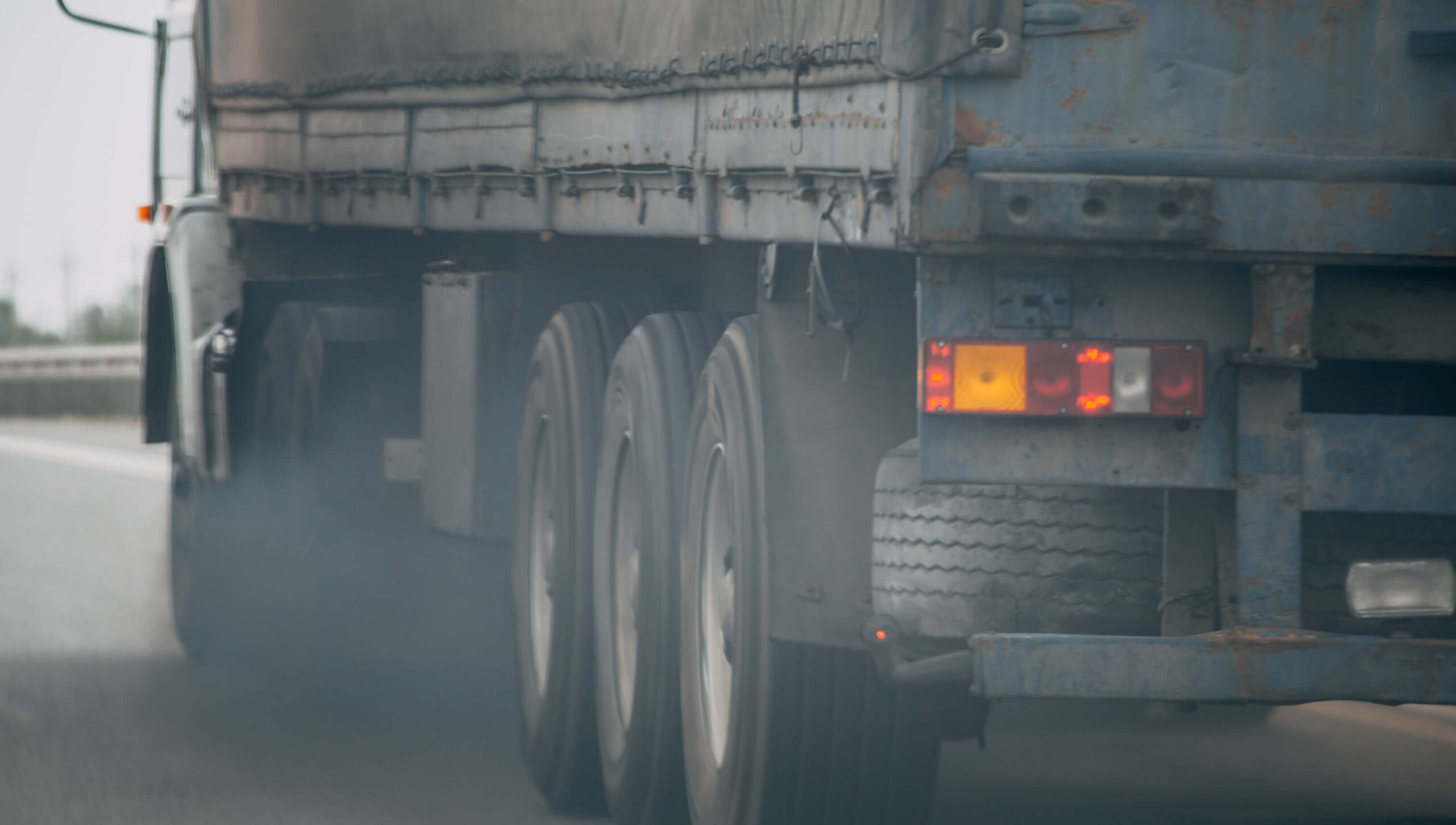About the Program
In July 2018, Chinese government launched the Three-Year Action Plan for Winning Blue Sky Protection Campaign. Remarkable results had been achieved by 2021. However, the structural, root and trend pressures on eco-environmental protection in China have not been fundamentally alleviated. There has been no fundamental change in China’s transportation structure dominated by road freight. The grave situation of mobile source pollutants control has not been fundamentally changed. As China is entering a new stage of development, there is still much room for further progress in the battle against pollution. China will further carry out coordinated efforts to reduce discharge of pollutants and emissions of carbon. The implementation of coordinated governance of pollutants reduction and carbon reduction can better promote the effective transformation of environmental governance from focusing on terminal governance to focusing on source prevention and treatment.

In terms of traffic pollutants control, there are several problems in China, such as unreasonable structure of freight transportation, excessive emissions over standards, and poor quality of some oil products. Pollutants control from mobile sources is an important part of the three-year campaign to protect blue sky that ends in 2021. In addition, the development and improvement of transportation sector also includes optimizing and adjusting cargo transportation structure, significantly increasing the proportion of freight by railway, accelerating upgrade of vehicle and vessel structures, promoting use of new energy vehicles, and accelerating improvement of fuel quality. All these measures need to be further advanced in the course of development.
In the sector of transportation air pollution reduction, ICCT advises governments and civil society organizations on strategies to address the public health and near-term climate impacts of outdoor air pollution from motorized transportation. We develop technical underpinnings for the design and implementation of emission control policies to mitigate those impacts at the international, national, and city scales. These policies can include national vehicle emission standards, fuel-quality standards to limit the sulfur content of diesel and petrol, compliance and enforcement programs to ensure that standards are met in practice, vehicle scrappage and retrofit programs, and other actions like establishment of low-emission zones. And we undertake monitoring and assessment of real-world emissions, air quality, and public health impacts to evaluate progress and guide actions where they are needed most.


